In honor of Juneteenth, we are taking a moment to celebrate some of the most awe-inspiring, motivational, and influential black leaders in biomedical research. All who have shaped the culture of diversity and inclusivity in the lab animal science sphere. As you may know, biomedical research is responsible for every lifesaving vaccine, therapy, medication, treatment, and medical breakthrough we are so fortunate to receive today.
So, as we recognize how critical biomedical research is for human health worldwide – the urgency for more diversity and inclusivity in science becomes more apparent. That’s why we’re recognizing Juneteenth. And the accomplishments of so many black experts who stood at the forefront of diversity in science.
The History of Juneteenth
Juneteenth is an often overlooked event in our nation’s history. On June 19, 1865, Union troops freed enslaved African Americans in Galveston Bay and across Texas (two and a half years after President Abraham Lincoln signed the Emancipation Proclamation). Juneteenth celebrates freedom, family, and culture for Black people in the United States.
In 2021, Juneteenth was established as a federal holiday, opening it to symbolic and global interpretation and providing a better understanding of the evolution of our nation and its people. Juneteenth celebrations then, like now, recognize the ongoing fight for human rights and equality and are commemorated through family cookouts, faith services, musical performances, and storytelling.
Traditionally, Americans celebrate Independence Day on the Fourth of July. However, it’s fundamental to acknowledge that it wasn’t until June 19, 1865, that ALL U.S. citizens gained authentic freedom. Juneteenth marks the beginning of true freedom in America.
7 Essential Black Leaders in Biomedical Research History
Biomedical research can be traced back at least as far as the 17th century. However, it wasn’t until the 19th Century that the field of laboratory animal science truly jumpstarted. Honoring the driving force behind that growth is crucial – the incredibly talented and trailblazing scientists who made it all possible.
Next, here’s how these seven essential leaders in biomedical research history have made incredible contributions to science while opening the door to more inclusivity and equality for Black Americans in science. Their influence is made even more evident today as current leaders in lab animal science, such as William Allen Hill DVM, MPH, DACLAM, CPIA and Mildred Montgomery Randolph DVM, DACLAM, advocate for and foster more diversity and inclusion as Black leaders.
1. Charles Henry Turner
Charles Henry Turner was one of the first influential African American educators and animal behavioral scientists in the history of the United States. He was the first African American to earn a PhD from the University of Chicago, with a PhD in Zoology. Among his many discoveries, his most groundbreaking finding was that insects hear and alter their behavior based on previous experiences. This discovery proved to be revolutionary for the scientific community and future research. But he didn’t stop there. Charles Henry Turner influenced society beyond his research contributions. He was an academic activist for civil rights and emphasized how education was the way to fight racism.
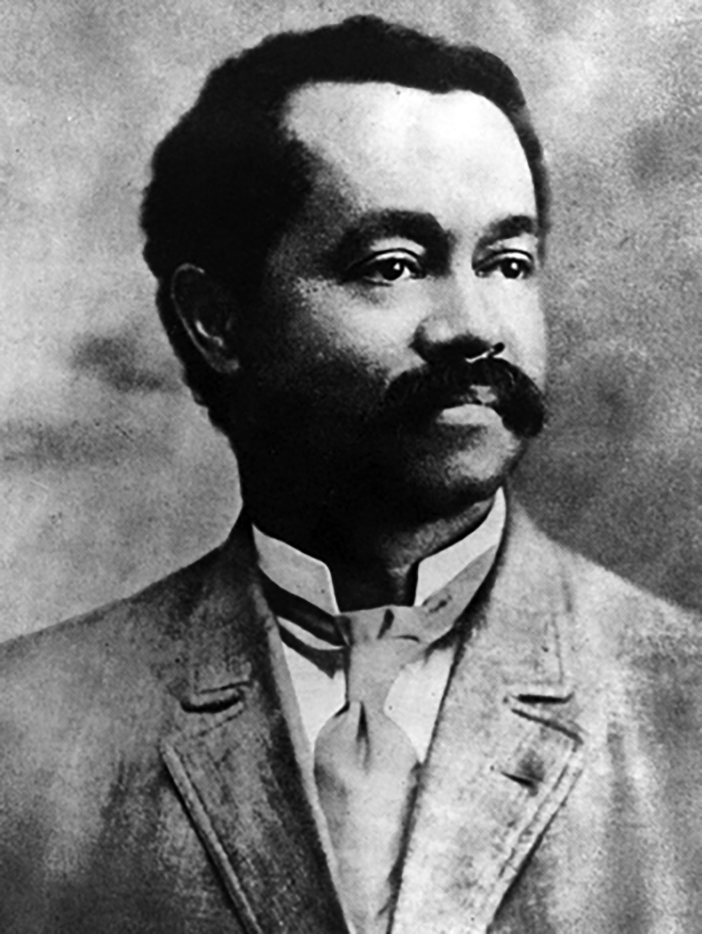
2. Ernest Everett Just
He is known widely as the first Black Marine Biologist. Just was born in Charleston, South Carolina, in 1883 – and was raised during the emergence of Jim Crow laws and widespread, systematic racism in the United States. But, despite great adversity, he graduated from Dartmouth College with honors in Zoology in 1907. He eventually received his PhD and conducted groundbreaking research on marine invertebrate eggs and fertilization. Eventually, he became the leading researcher and authority on reproduction and fertilization of marine life. He was the first to discover that fertilization could occur in specific types of marine life without sperm. Then, he published two different books on this topic, which influenced generations of scientists and their understanding of reproduction.
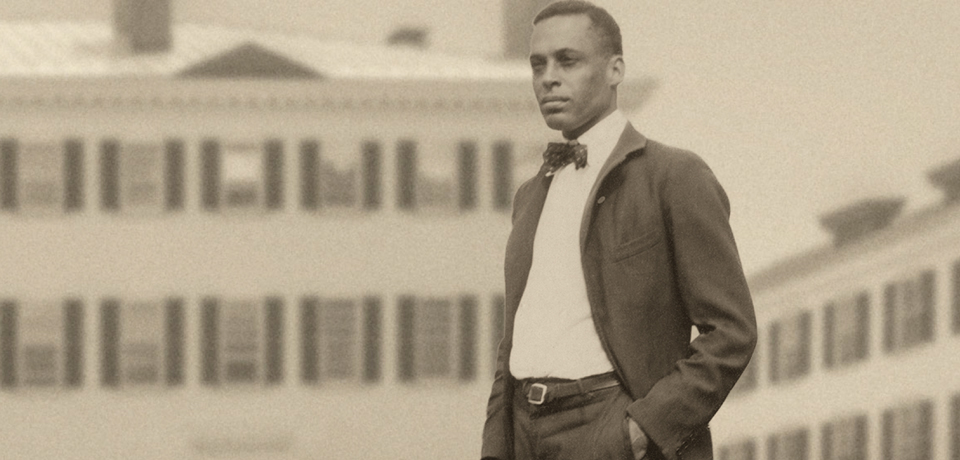
3. Roger Arliner Young
Roger Arliner Young was and is an inspiration to women everywhere. She was the first Black woman to receive a PhD in Zoology, which she earned from the University of Pennsylvania. One of her early research discoveries focused on the morphology of Paramecium. She published her findings from that study in the journal, Science, making her the first African American woman to obtain a professional publication on original research in this field.
What’s more, Young went on to work under Ernest Everett Just and contributed to his research on the fertilization process in marine organisms, as well as the process of hydration and dehydration in living cells. Despite her many obstacles, her accomplishments are immeasurable and have earned her the highest respect from the biomedical research community.

4. Jane Cooke Wright
Dr. Jane Cooke Wright is most well-known for her advancements in cancer research. She studied the anti-cancer agents and the relationships between patients and tissue culture response. Also, she developed new techniques for chemotherapy treatment. By 1967 Wright was the highest-ranking African-American woman in a United States medical institution. In 1971 she was the first woman elected president of the New York Cancer Society. Another distinguishing and inspiring aspect of Dr. Jane Cooke Wright’s story and memory is her early family life. She was born in New York City in 1919. Her father, Louis Tompkins Wright, was one of the first African American graduates from Harvard Medical School. As a family, their contributions to cancer research are unparalleled.
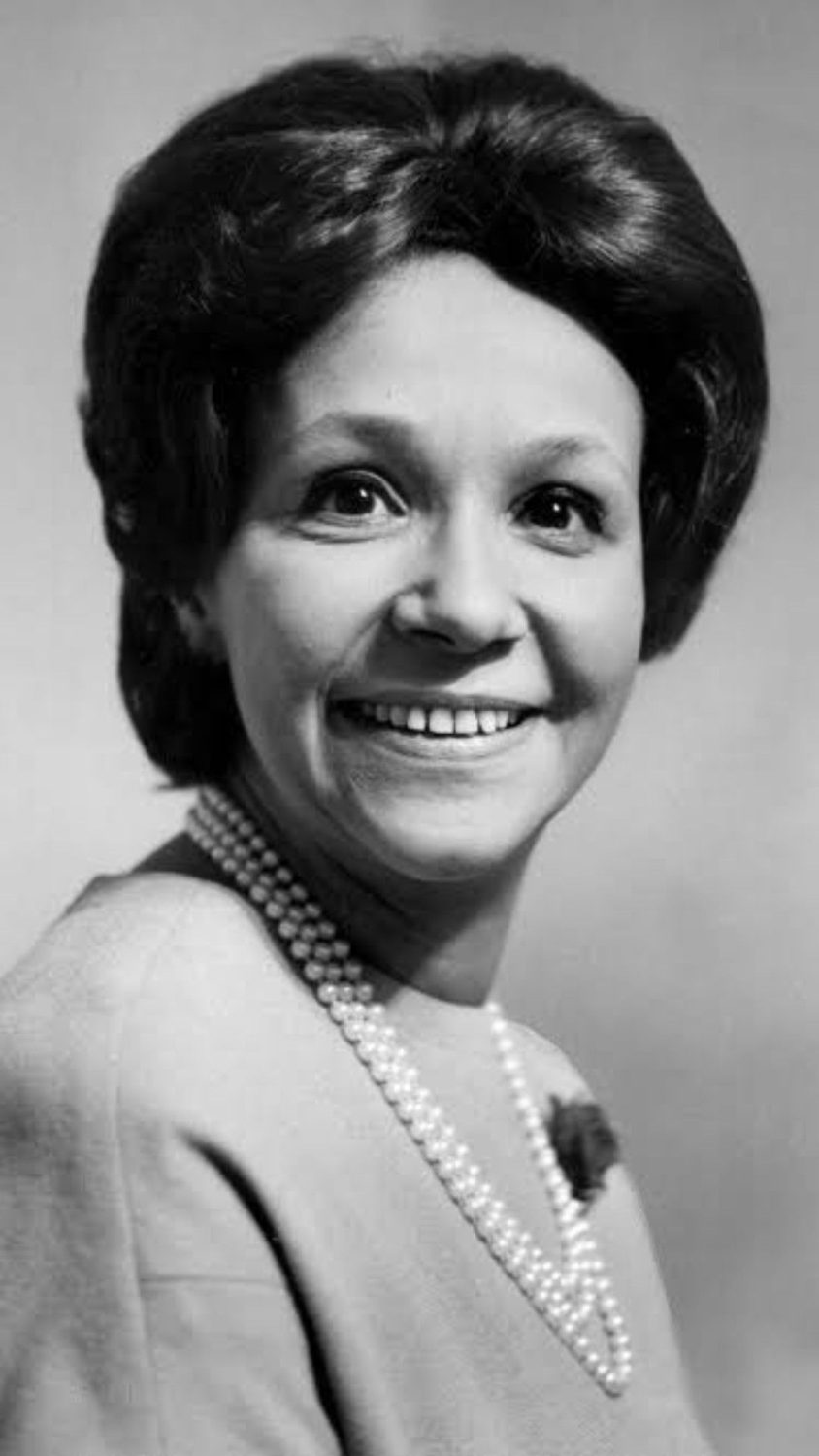
5. Harold Amos
Harold Amos, PhD, was the first African American to chair a department (now the Department of Microbiology and Immunobiology at Harvard Medical School). An enormous aspect of Amos’ professional life included mentoring and recruiting students from minority groups and disadvantaged communities for careers in academic medicine and science. His incredible contributions to the scientific community – and his advocacy for diversity in science – make him stand out as a pioneer for equality and inclusivity. Harold Amos is remembered kindly by the laboratory animal science community as a friend, teacher, and inspiration.
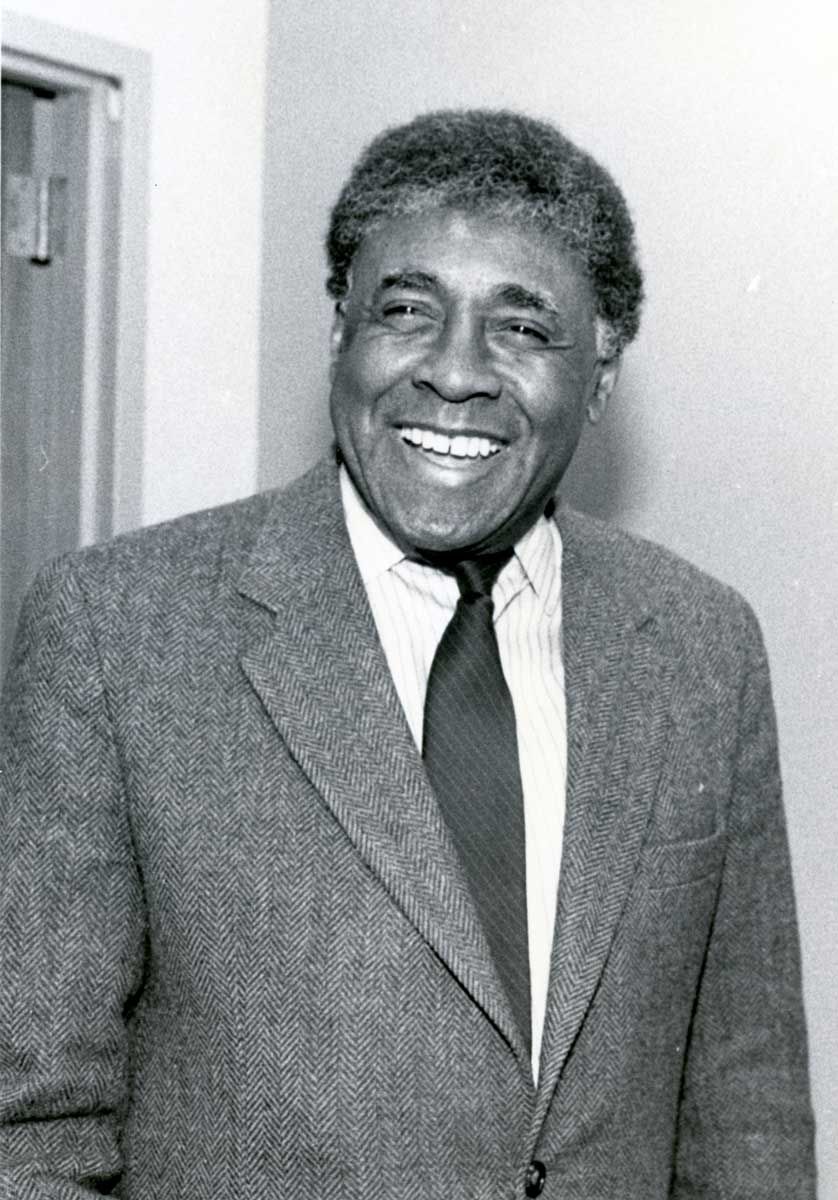
6. Alfreda Johnson Webb
Webb is another trailblazer and pioneer in animal research. In fact, she was the first Black woman to graduate from Veterinary School in the United States, making her the first Black woman licensed to practice veterinary medicine. Webb continued her career as an Associate Professor of anatomy. Also, she became the first Black Woman in the North Carolina General Assembly, where she eventually served as the Chairperson of Minority Affairs.
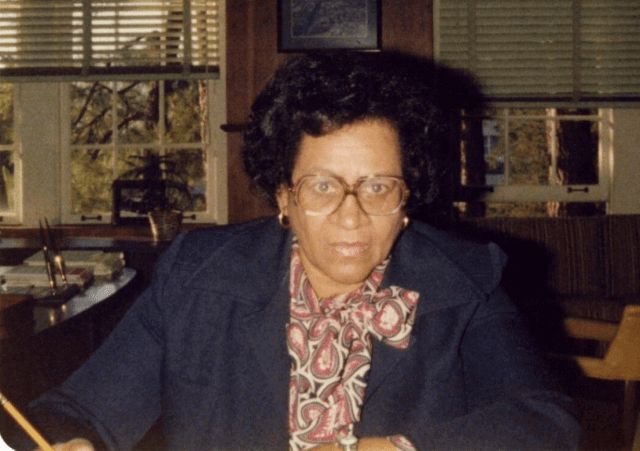
Important Voices for Diversity in Biomedical Research Today
In honor of Juneteenth, we heard from two dynamic leaders of diversity in biomedical research about their unique and invaluable perspectives on inclusivity in the lab animal field; William Allen Hill, DVM, MPH, DACLAM, CPIA and Mildred Montgomery Randolph, DVM, DACLAM. Furthermore, we are showcasing their careers and accomplishments to celebrate and amplify Juneteenth and its message of freedom and empowerment for Black Americans.
William Allen Hill
William Allen Hill, DVM, MPH, DACLAM, CPIA, is a board-certified laboratory animal medicine specialist with 17 years of experience serving and leading academic AAALAC-accredited animal care and use programs. According to Hill, he knew by the time he was in the eighth grade that he wanted to be a veterinarian! Before that, he thought he wanted to be an attorney. Then, humorously, he recalled an episode of LA Law that made him quickly retract that ambition. William also shared how his family influenced his aspirations to be a veterinarian. First, his uncle was a small animal practitioner who graduated from Tuskegee University College of Veterinary Medicine in 1973. Then his daughter (Hill’s cousin) graduated from Tuskegee in 1992.
A pivotal moment in Hill’s professional journey occurred between his sophomore and junior year in college, and it didn’t have anything to do with laboratory animal research, or so he thought. Hill lost his father to lung cancer. After that moment, he wanted his career to focus on healing animals and healing people. For him, laboratory animal medicine was the perfect career for him to answer his calling. Listen to the video below to hear more.
Mildred Montgomery Randolph
Mildred Montgomery Randolph, DVM, DACLAM, is an Adjunct Professor at the University of Arkansas for Medical Sciences. And the Director of Seed, Division of Diversity, Equity, and Inclusion at UAMS. Also, she is a Partner for Randolph Consulting.
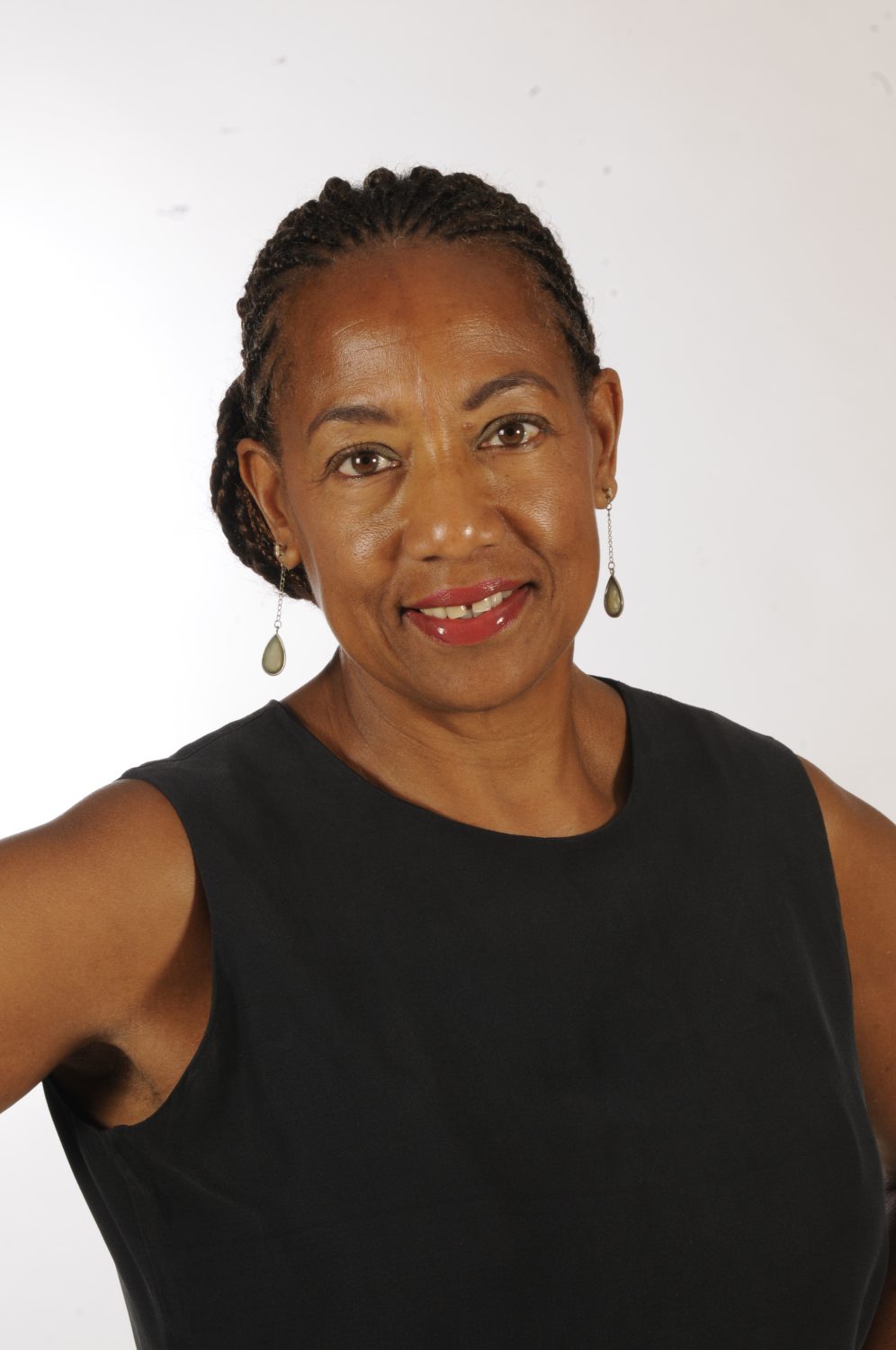
Randolph didn’t necessarily “plan” on a career in laboratory animal science. As she describes it, she “just kind of fell into it.” So much so that she got her BA in Journalism, thinking that might be her path. But as fate would have it, she realized her true calling was in veterinary medicine. Ultimately, she attended Tuskegee University and received her Doctorate in Veterinary Medicine. But Randolph wasn’t a stranger to the world of veterinary medicine as a youngster. Her father was a clinical veterinarian during her childhood. She remembers when she was old enough to write, helping fill out rabies forms in his office.
Now Randolph’s passion is recruiting women and underrepresented minorities into biomedical sciences. She explains how as a black woman in a predominantly white field, it is highly critical to help underrepresented groups. As Randolph explains, science needs the brightest minds to continue its life-saving mission. According to Randolph, extending a wider net, and opening opportunities for more people, gives the science community a better chance of discovering the best talent.
Looking Ahead – More Diversity in the Future
According to Randolph, more equity and inclusion is an inside job. In other words, if we solely rely on legislation or some big mandate to provide more positive change, it won’t happen. Randolph emphasizes that inclusivity, diversity, and equity occur in the heart. If more people build relationships and mentor other people who are different from them, be it racially, socioeconomically, or culturally, that’s what makes a difference. To learn more about Randolph’s mission and how it applies to improving your laboratory animal science occupational health program, check out this recent blog story.

